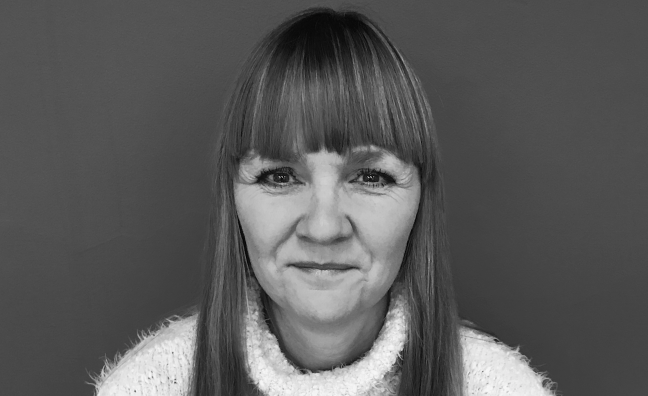Sybil Bell has told Music Week that independent grassroots venues are facing the biggest threat in history as the coronavirus continues to spread around the UK.
Speaking in our current issue alongside Music Venue Trust boss Mark Davyd, Kilimanjaro Live promoter Steve Tilley, The Sugarmill’s Danni Brownsill, The Windmill’s Tim Perry and more, Bell stressed the urgency of a situation unlike any other the sector has faced.
Independent Venue Week completed its seventh edition earlier this year and founder Bell is already planning for the 2021 edition. She is working closely with Davyd and praised the recent launch of the Grassroots Music Venue Crisis Fund (GMVCF), but Bell said the work cannot stop there.
Read the full article in the new issue of Music Week and scroll down for an extract from our Q&A with Bell.
What are the challenges facing independent venues and how can they protect themselves at this time?
“The key challenge is how to ride through this when doors are closed so that you are in a position to reopen when restrictions are lifted. Venues are not just losing ticket sales but bar and merch sales – revenue streams have completely dried up. How do you retain staff if they are not covered by the government packages in place? So many people who work in venues are freelancers and many have been with their venues for decades. There still needs to be some clarity and further support for different people within the industry who don’t currently qualify for any of the deals available. How do you keep paying the bills that are still coming in because the ownership of the bricks and mortar of the venues varies so much so not everyone is getting relief from their landlords? There is no certainty about when doors will be allowed to reopen and even then, what restrictions will still be in place around the number of people allowed to gather in public?”
How do you see things progressing?
“The government’s Coronavirus Bill is for two years and there is no guarantee that public gatherings won’t be limited during that time, in fact the exact opposite. If numbers are limited to, say 100, a 200, 300 or 400 capacity venue cannot increase their ticket price to cover the lack of capacity, so will they still be able to put on shows? People are rebooking tours and shows for the autumn, but is it too soon to be doing that? Venues under 1,000 capacity may be the only places you can gather for live music, so what happens if hundreds of them close? Where will artists play and where will fans go when things open up?”
People are rebooking tours and shows for the autumn, but is that too soon?
Sybil Bell
What are the knock-on effects for promoters, artists and the rest of the ecosystem?
“This is the single biggest threat to music venues ever. Crowdfunding is going well for some, which is heart-warming to see, but nationally we are not seeing anything on the scale that needs to happen to preserve the circuit. That is a worry for everyone in the industry, not just the live sector: venue closures will impact every corner of the music industry for years to come. Promoters are going to struggle to keep going, too. Until last year, they didn’t have a collective voice but now they have the Association Of Independent Promoters, which is flat out with hundreds of calls and emails seeking advice about how to survive. Many have already paid out on shows that are not happening – for venue hire, artist deposits and marketing – they are not getting that money back and they’ve had to reimburse ticketholders, so they are well in the red already. There’s not even opportunity for promoters to sell merch like venues and artists can.”
How can IVW help?
“We are already working on plans for next year. We were due to launch a new project called Yes We Can – which involves national activity with a local feel – in late spring or early summer. This will allow us to support venues across the country and throughout the year. Taking these activities into other venues will help build connections within and between local communities, which will be so important as we come out of coronavirus restrictions. We are working on the final stages of planning so it will be primed and ready to go as and when doors open. The impact social isolation is already having, and will continue to have, on people’s mental health and wellbeing means we need to be ready to offer opportunities to re-engage in public spaces as soon as we are able. When restrictions are lifted, it is likely public gatherings will be limited to relatively small groups, so grassroots venues will be the first places where live music and culture will be available. We need to ensure they are all still there and ready to open, fully staffed with programmes of activity ready to go. That’s why those that are in a position to step up and support the venues and their continued existence, absolutely must right now.”
* To make sure you can access Music Week wherever you are, subscribe to our digital issue by clicking here.









